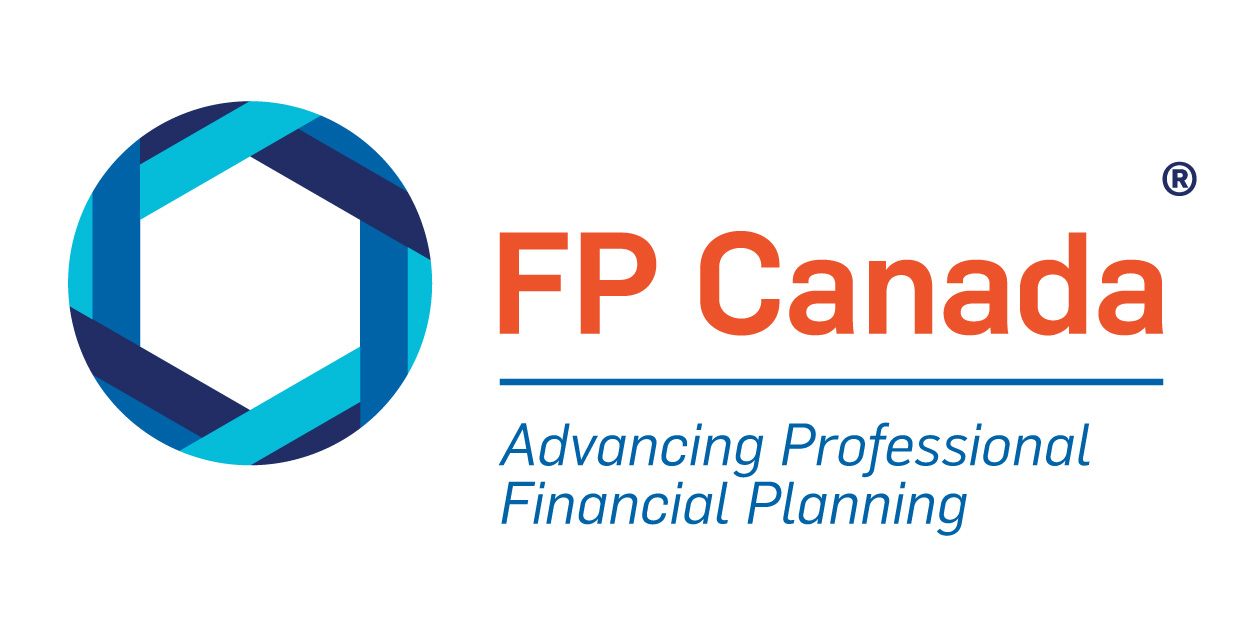Use unemployment as an opportunity to take stock of your finances and plan for long-term financial well-being.
Job loss can hit hard, both financially and emotionally. It often happens unexpectedly, leaving us unprepared for the sudden changes that come with it. Whether you’ve been laid off, nudged into an “early retirement” or suddenly find yourself unable to work because of a serious accident or injury, the financial impact of a job loss is overwhelming.
Take a Deep Breath, You’re Not Alone
The initial shock of losing a job often leads us to react impulsively and make hasty decisions with long-term financial consequences. Now is not the time to make any rash decisions, especially where money is concerned. Now is the time to stay level-headed and turn a negative into a positive. In fact, this may be one of the best opportunities for you to take a step back, reflect on your current needs, and think about your life goals and aspirations.
For a fresh perspective, it’s a good idea to sit down with a CFP® professional or QAFP® professional. They can provide guidance, support, and expertise to help you balance your present needs with your long-term goals.
“When in a panic, people can lock themselves into a new job or financial situation that is not their best option.”
5 Questions to Ask Yourself as You Consider Your Options
- Now that you’ve taken a moment to breathe, there are some important questions you should ask yourself.
- Is the lay off a short-term phenomenon, seasonal, or permanent?
- Have you been offered a severance package? If so, should you try to negotiate for more?
- Once you receive your severance, what's the best way to use the money?
- What should you do with your existing pension plan (commute it, move it, or leave it where it is?)
- Are there opportunities around pension splitting that may benefit you at tax time?
These are just a few of the questions that a CFP professional or QAFP professional can help with. They'll not only address your financial concerns but connect you with other professionals (like lawyers or accountants) if necessary.
“A professional financial planner can act as the quarterback to help provide a framework for informed decision-making during a very emotional time,” says Andrew Dedousis, CFP professional at the Ostic Group in Guelph, Ontario.
Dedousis also cautioned against making common mistakes. “Often, individuals want to immediately eliminate debt by withdrawing investment savings, but this can bring both tax ramifications and the prospect of leaving too little for retirement,” said Dedousis. “There are alternatives to liquidating everything right away, and these options need to be explored with a professional financial planner who understands your unique situation.”
Prepare Yourself Financially and Emotionally
The key to survival is being well prepared before a pink-slip or illness brings unemployment, says Dr. Moira Somers. Dr. Somers is a clinical neuropsychologist with Money, Mind and Meaning, a firm specializing in financial psychology.
“When a significant life event happens, people often make a resolution never to leave themselves so vulnerable again, but that doesn’t put food on the table today,” Somers said. “When in a panic, people can lock themselves into a new job or financial situation that is not their best option. This is why it’s so important to plan and have an emergency fund, and where it helps to have trusted advisors. They can provide the reassurance and breathing room necessary to take stock and determine where the best path lies.”
While losing your job may feel like the end of the world, staying positive is key. By shifting your perspective and viewing a temporary setback as an opportunity, will can keep moving forward with confidence.
To find a CFP professional or QAFP professional to help you navigate a job loss, use our Find Your Planner tool.

 Find Your Financial Planner
Find Your Financial Planner

